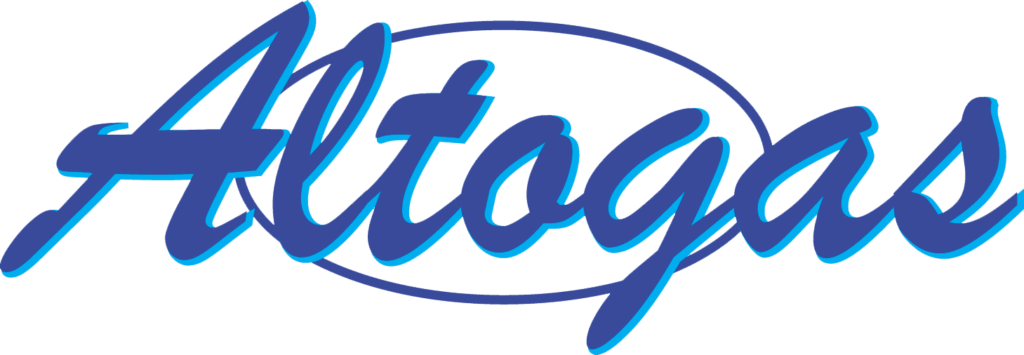About Propane
Propane is a derivative of two large energy industries - natural gas processing and crude oil refining.
Natural gas producers extract a mixture of several hydrocarbon gases. Methane, which companies sell as “natural gas,” constitutes about ninety percent of this mixture. The remaining ten percent includes five percent propane and five percent of a mix of butane, ethane, and other gases.
When processors separate propane from the natural gas mixture, they send most of it through a pipeline system to bulk storage facilities across the nation. They transport the rest by truck, rail car, or barge. This process produces fifty-nine percent of all propane. Refiners obtain the remaining forty-one percent from crude oil.
Manufacturers have added many new devices to modern appliances and equipment to make them safer than ever. For example, furnace designers now include temperature-sensitive shut-off systems that shut down the furnace if a vent becomes blocked. Other space heating systems include oxygen depletion sensors that shut off the unit if the oxygen level in the room drops to an unsafe level.
Nationally recognized independent testing laboratories certify appliance and equipment designs. These organizations classify the certified products as “listed” products, meaning local, provincial, or federal safety authorities do not need to inspect the appliances or equipment individually.
The NFPA’s study, U.S. Home Heating Fire Patterns and Trends Through 1988, concluded that using gas is, by a four-to-one margin, the safest way to provide heat. In fact, faulty electrical wiring starts more fires each year than gas-related accidents. The Fire Underwriters Association compiled data showing that insurance claims rarely cite gas as the cause of accidents.
The propane gas industry maintains its outstanding safety record by setting and following its own safety standards and certifications. The industry voluntarily imposes rules that govern safety. Whenever safety issues arise or require review, the industry responds quickly and effectively. As a result of these efforts, federal government standards regulating propane gas use remain minimal.
